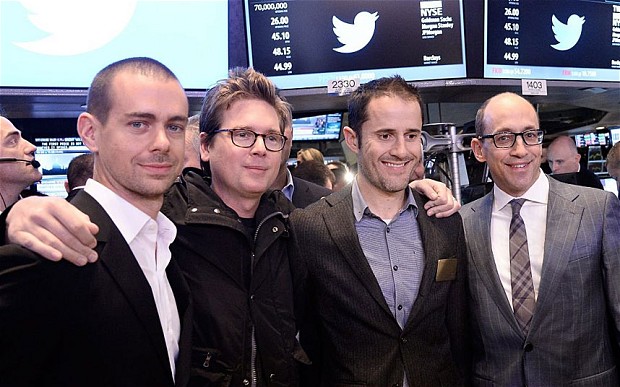In the current startup battleground, many companies fail before they are able to hit the ground running. Out of the 8,000 firms who received seed, angel, or accelerator money in 2018, 6,600 of them didn’t receive a single additional dollar in subsequent fundraising rounds. When looking to choose a co-founder for your new enterprise, it’s best to think of the decision from the perspective of an investor.
Think through where an investor would feel most comfortable providing funding. The answer is often whichever person provides them with the least risky move.
Choose a Co-founder As If You Were an Investor
VCs act as the judge, jury, and executioner, emboldening some businesses onward while dooming others to fail. When looking to find the co-founder for your up-and-coming business, it helps to view the decision from the perspective of a VC. So just what exactly are VCs looking for?
Spread Out The Risk
First and foremost, VCs look to fund the companies with the least risk. When you’re looking into choosing various co-founders, be sure to envision how exactly each candidate will either raise or lower the financial risk of your company.
While it’s not always necessary or even economically feasible, it pays to have co-founders who are financially stable. Through their wealth of experience with companies just like yours, elite co-founders have fantastic networks to dig through.
Nearly every time, it’s better to hire experience over someone fresh out of college or a job at Google. While experience is key when it comes to finding a cofounder, oftentimes it’s just not possible to work with a higher profile candidate. In that case, you need another means to spread the risk.
To disperse risk even further, look into a second or even third cofounder – multiple co-founders has proven to be a prosperous strategy. While it may seem odd, bear in mind that some of the most successful companies have multiple co-founders. Microsoft, Google, and Facebook each started with two or three co-founders, while Twitter had a whopping four. The fact of the matter is that if you need to assuage your risk profile to cater to VCs, the most straightforward way to do so is through adding additional co-founders.

Photo source: Twitter has got to change, says co-founder Biz Stone (Telegraph)
Find Complementing Skills
Where would Apple be without the stern guidance of Steve Jobs? Just as importantly, where would Apple be without the innovative brilliance of Steve Wosniak? Jobs acted as the face of the company. In comparison, Wosniak focused on the more technical side. With this match, Apple quickly rose to prominence.
When looking into companies for investment, VCs often look to find that special kind of long-lasting compatibility. This will ensure that their investment won’t go to waste. Of course, not every team of co-founders will be as talented as Jobs and Wozniak. However, it’s important to choose a co-founder who complements your skills perfectly.
Decide What You Need Someone Else to Bring To the Table
Ideally, a good startup has one person to build the product and another to sell it. It’s important that they don’t overlap – in order to build a great organization, it’s imperative that no skills are redundant. And better yet, co-founders with complementing skills decrease the risk profile of the company, leading to greater opportunities to raise venture funding.
For example, if you understand coding and the technical side of the product, look for someone who is good at things such as finance and marketing. When the company is up and running, it’s much more efficient if one of you handles some parts of the business while the other handles the other. Work together rather than against each other, and you’ll find the business running smoothly.
However, while cofounders need to differ in skills they bring to the table, it’s important that they each have a similar long-term outlook with 100 percent commitment to the company. A co-founder who is not totally sold on the company will be a problem sometime down the line. You need to find someone who will scale with the organization. Most importantly, you need to show to VCs that your company will last. Moreover, a well-constructed team of founders is one of the best ways to do so.
How to Choose a Co-Founder That’s a Match Made in Heaven
But how exactly do you find the perfect partner from a VC’s point of view? You’re going to be spending countless hours with your cofounder – especially in the first few months. To make sure you all are compatible together, it makes sense to treat your partnership as a marriage.
And how do people find love in the digital age? Why, through matchmaking sites, of course. For cofounders looking for their soulmate, there are several sites that are devoted to finding a cofounder, including StartupWeekend, StartupAgents, and CoFoundersLab.
Find someone you get along with and go on a “first date.” You should do something that forces you both to think quickly and cooperatively, allowing you to see if you work well together. You’ll find soon enough if you have mutual compatibility.
Picking a co-founder is one of the most impactful decisions that you can make in the early stages. While stressful, it’s important to just take a step back and think about how your company looks from the eyes of the VCs.
Jonathan Breeze, CEO of AardvarkCompare.com, a travel insurance comparison site for seniors.





